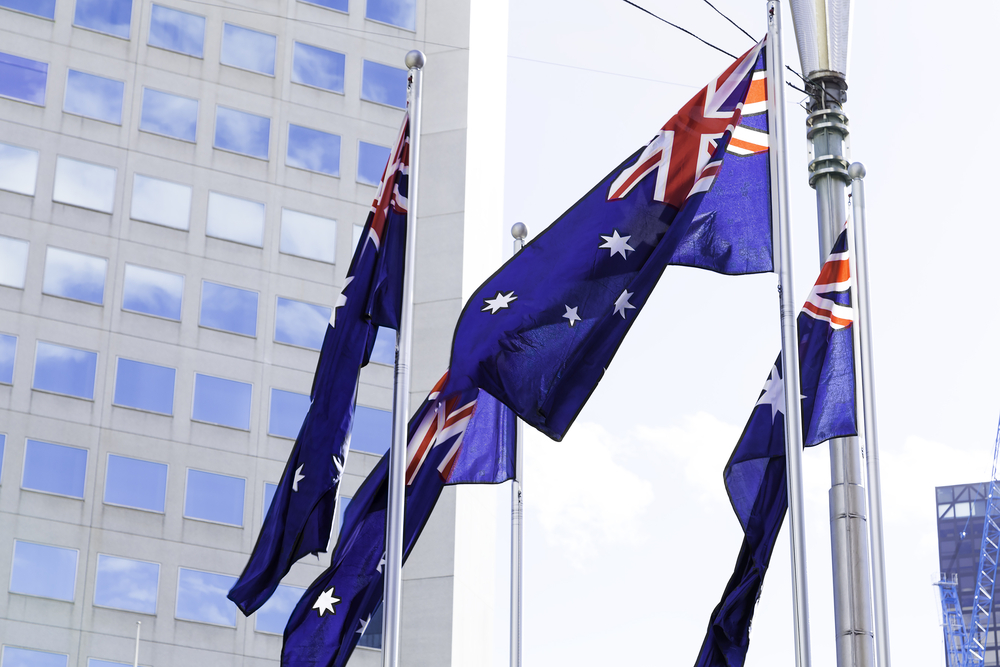The Australian Energy Regulator (AER) has published its mid-year report on enforcement actions covering the period July to December 2023. The report also outlines AER’s enforcement priorities for 2023-24. Both the enforcements and priorities are summarised below, some of which are retail focussed:
Enforcements:
- In proceedings brought by the AER, the Federal Court has ordered AGL Energy Ltd subsidiaries to pay penalties totalling AUD $6 million for breaches of the National Electricity Rules (NER) associated with the failure to provide essential system services.
- The AER instituted proceedings against Santos Direct Pty Ltd (Santos) on 19 October 2023 for alleged breaches of important record keeping obligations in the National Gas Rules relating to the Day Ahead Auction for gas pipeline capacity. The Day Ahead Auction commenced in 2019 and was designed to improve competition in the gas market by providing access to contracted but unused capacity on gas pipelines. The AER alleges that on 4,701 occasions between March 2019 and June 2021, Santos failed to keep the required records of its material renominations for the Day Ahead Auction across 6 different auction facilities, contravening Rule 666(1) of the National Gas Rules.
- On 20 September 2023, the Federal Court found that Pelican Point Power Limited breached the NERs by failing to disclose to AEMO the full capacity of its Pelican Point Power Station that was available during heatwave conditions in February 2017. Specifically, it found that Pelican Point failed to comply with its legal obligation to disclose short-term availability information to AEMO. The proceedings concern events on 8 February 2017, when South Australia experienced a Lack of Reserve Level 3 scenario as a result of high demand and diminishing supply due to heatwave conditions. This resulted in AEMO needing to interrupt 100 MW of customer load to maintain power system security. A penalty hearing was held in December 2023 and the AER is currently awaiting judgment.
- The AER instituted proceedings in the Federal Court against embedded network seller CAM Engineering and Construction Pty Ltd for allegedly failing to become a member of the Energy and Water Ombudsman NSW (EWON) scheme, in breach of the Retail Law obligations.
Priorities:
- Improve outcomes for customers experiencing vulnerability (the AGL case above is cited as a relevant example);
- Make it easier for consumers to understand their plan and engage in the market by focusing on compliance with billing and pricing information obligations, including the Better Bills Guideline;
- Support power system security and an efficient wholesale electricity market by focusing on generators’ compliance with offers, dispatch instructions, bidding behaviour obligations and providing accurate and timely capability information to AEMO;
- Improve market participants’ compliance with performance standards and standards for critical infrastructure;
- Clarify obligations and monitor compliance with reporting requirements under the new Gas Market Transparency Measures.
The report also provides a summary of earlier enforcement actions – these cases are summarised briefly below:
1] Jemena matters – Gas Bulletin Board and Day Ahead Auction obligations
On December 2023, Jemena Northern Gas Pipelines Pty Ltd (Jemena) paid two infringement notices totalling AUD $135,600 and the AER accepted a court enforceable undertaking for alleged breaches of the National Gas Law and National Gas Rules related to the Gas Bulletin Board. The Gas Bulletin Board provides transparency in the wholesale gas market. It’s alleged that, on multiple occasions between October 2020 and December 2022, Jemena failed to provide the AEMO with short and medium-term capacity outlooks for the Gas Bulletin Board that accounted for the impact of scheduled maintenance on the daily capacity of its pipeline. As a result, gas market participants did not have access to accurate information on available pipeline capacity on the relevant days, which may have impacted commercial decisions.
2] CS Energy – payment of infringement notice – owning, operating or controlling registration requirements
On 16 October 2023, CS Energy Limited paid a AUD $67,800 infringement notice issued for an alleged breach of the National Electricity Law for operating a generating system without the required regulatory approval. Any entity that owns, controls or operates an electricity generator must apply to AEMO to be a Registered Participant for the activity or for an exemption from registration. Failure to do so could cause operational issues for AEMO, including its ability to contact appropriate staff to raise important matters when necessary to manage power system issues. It’s alleged that CS Energy breached section 11(1) of the Electricity Law by operating the Callide C Power Station without being a Registered Participant or having an exemption from registration. CS Energy has been operating Callide C Power Station for several years but only submitted an application for exemption following the AER’s investigation into events that led to the 25 May 2021 power system event. CS Energy subsequently obtained this exemption in September 2023.
Finally, AER summarises the Retailer Reliability Obligation in the Australian power market given it was invoked for the first time in 2023, briefly summarised as follows:
- The Retailer Reliability Obligation (RRO) builds on existing spot and financial market arrangements to encourage investment in electricity generation capacity and demand response.
- It achieves this by introducing a contracting requirement on businesses like electricity retailers or large energy users that purchase electricity directly from the wholesale electricity market.
- If AEMO identifies an electricity reliability gap in supply for a region three years ahead, liable entities are put on notice to enter into sufficient qualifying contracts to cover their share of the peak demand forecast for that region during the forecast gap period.
- If the forecast gap remains one year out from delivery, those entities must report their net contract positions (NCPs) to the AER.
- If, at any point during a reliability gap period, actual peak demand is greater than the one-in-two year peak demand forecast, the entity must be sufficiently contracted so that it has a NCP that is equal to its share of forecast demand for the relevant trading interval.
- On 31 July 2023, liable entities for the reliability gap forecast in South Australia for early 2024 were required to submit their NCPs for the gap period to the AER.
- This was the first time reporting obligations under the RRO had been triggered. The AER proactively engaged with exposed entities in the lead up to this due date to promote awareness of, and compliance with, the obligation to report NCPs.


